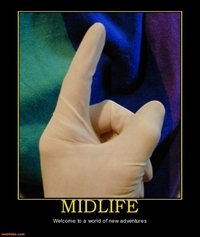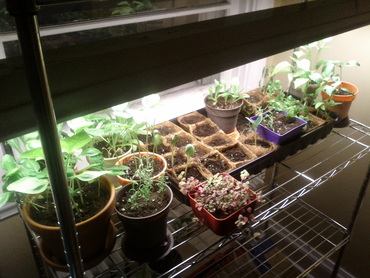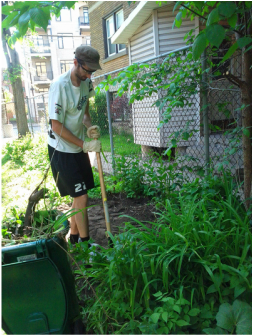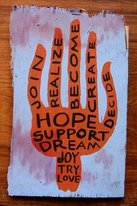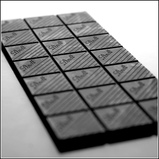 Mmmmm
Mmmmm After long and stressful days, there are few things I enjoy more than dark chocolate. I'd like to say just one piece will satisfy the craving, but the truth is the entire bar mysteriously disappears. This is usually followed by feelings of guilt and mild nausea.
My medical training has taught me the health hazards of excessive refined sugar. Elevated blood sugar levels impair the immune system and increase risk of illness such as diabetes. Fluctuating blood sugar negatively impacts our mental health, sleep patterns and energy levels. I know and feel this. Yet sometimes...
I do it anyway.
Gabor Mate defines an addiction as, "Any behavior that has negative consequences but a person continues to crave and relapse into it, despite those negative consequences."
I know I am not alone in this addiction to sweets. My patients constantly admit to cravings, emotional eating or binging. Why is this?
- Stress Response - Stress is designed to protect us from a threats like running away from a dinosaur. When stressed, our body produces a hormone called cortisol. This hormone elevates our heart rate and shunts blood to our muscles to give us energy to escape from the threat. When we are constantly exposed to stress, our body needs to fuel this energy with immediate sources. This is SUGAR.
 Sugar = Love
Sugar = Love 3) Brain Chemistry - Sugar is not only an emotional addiction but a physical one as well. Sugar stimulates opiods in the brain that rewards us with a pleasant feeling. Heroin and morphine do the same thing.
4) Poor Nutrition - Refined carbohydrates (white sugar, flour, junk food) elevate blood sugar levels very quickly. Unfortunately, this is soon followed by a sudden crash of blood sugar which stimulates our cravings for another fix. It's a vicious cycle.
Well, acceptance is the first step towards healing from any addiction. So now what do we do about it?
1) Breakfast - A large, healthy breakfast encourages balanced blood sugar and supports energy levels throughout the day.
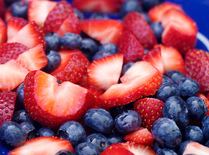 Deliciously sweet & healthy!
Deliciously sweet & healthy! 3) Fibre & Protein - Ensure that every meal contains fibre (vegetables, legumes or whole grains) and protein (nuts, seeds, legumes, quinoa, eggs or lean meats). These help to balance blood sugar levels and reduce cravings.
4) Healthy Fats - essential fatty acids are important to prevent "insulin resistance" which is leads to diabetes.
6) Manage Stress - Find ways to relax and unwind. Getting enough sleep and movement/exercise are also important.
5) Emotional Health - Explore what sugar cravings represent to you emotionally. How can we fill our need for love and connection through other means? How can we feel more balanced and peaceful? I find meditation a very helpful practice.
6) Sweet Alternatives - Fruit is a naturally sweet dessert option. Replace white sugar with healthier options. I like to use honey, maple sugar and whole leaf stevia in moderation.
Despite what you have just read, I am not ANTI sugar. I believe in balance. However, I do feel that to have a healthy relationship with food, we must explore the cause of our cravings. So recently I've given up sugar. Yep, no more late night chocolate indulges. I'm listening to what my cravings are telling me. I'm replacing my addiction with better eating habits and emotional awareness. When we learn to listen to our body, we learn how to take better care of ourselves.
In Wellness,
Dr. Heather
PS - Here's an interesting video by Dr. Gabor Mate, a Vancouver MD, on addiction of all kinds.



